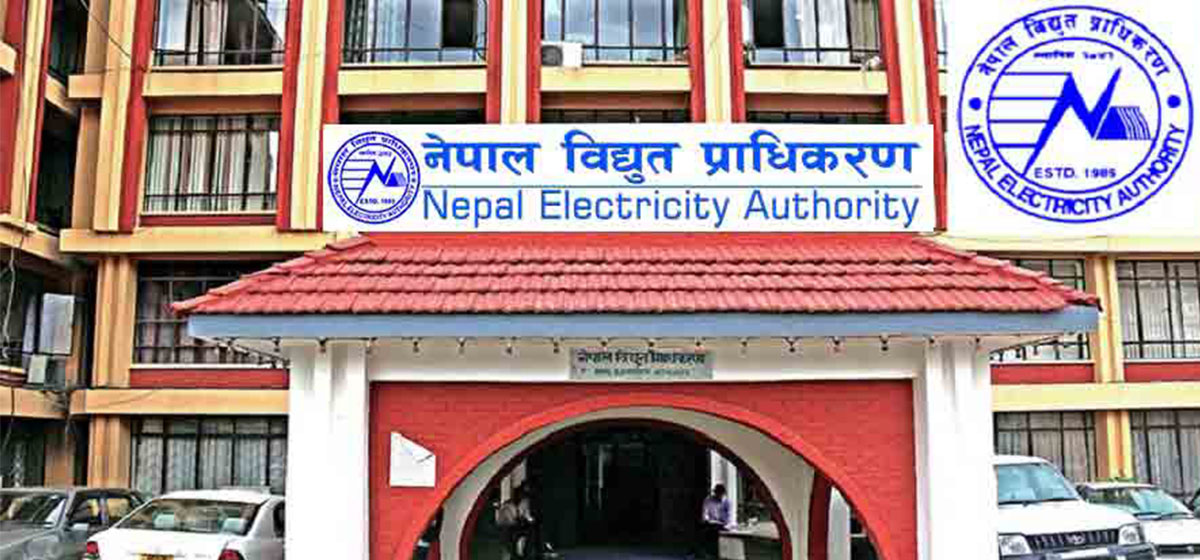KATHMANDU, Aug 18: Nepal Electricity Authority (NEA) has managed to earn a profit of Rs 11.6 billion in the last fiscal year 2019/20, according to the financial statement made public on the occasion of its 35th anniversary.
The NEA has earned an accumulated profit of Rs 4.87 billion in the last FY. Similarly, it managed to earn a profit of Rs 1.47 billion, Rs 2.85 billion and Rs 9.81 billion in FY 2016/17, 2017/18 and 2018/19, respectively. Although the government had cleared NEA’s loss of Rs 27 billion up to FY 2010/11, it continued to incur loss in the days to come. The organization was in Rs 8.89 billion loss in the FY 2015/16.
NRB made a profit of Rs 87.60 billion in FY 2022/23; Rs 25 bill...

According to NEA, the leakage in the system has dropped to 15.27 percent. The authority has been continuously reducing electricity leakage in the subsequent fiscal years. The leakage which was 25.78 percent in FY 2015/16 was reduced to 22.9 percent in FY 2016/17, 20.45 percent in the FY 2017/18 and 15.32 in the FY 2018/19. With the reduction of 11 percent electricity leakage in four years, NEA has profited Rs 8 billion. NEA’s Managing Director Kulman Ghising said that the plan is to reduce the total leakage of the system to less than 10 percent.
In the last one year, the share of electricity imported from India has decreased while the export from Nepal to India has increased. Of the 7.74 billion units of energy available in the system last year, 22.34 percent was imported from India.
“When there used to be load-shedding for up to 14 hours a day in the country, about 35 percent of the total electricity consumption in the country had to be imported from India. But even when electricity consumption increased by about 80 percent, the ratio of imports was around 35 to 37 percent,” Ghising said. However, up to the last fiscal year, only 22 percent of the total available electricity has been imported. “It will be reduced to only 5 to 10 percent in the current FY,” he added. He said that Nepal will be fully self-sufficient in electricity and net export will start from FY 2021/22.
The annual electricity consumption in Nepal has been steadily rising and has reached 250 units per person.
Ghising said that he was determined to make NEA’s business more effective and service-oriented by restructuring the organizational structure as per the demand of the time and circumstances. “The domestic, inter-country and sub-regional markets of electricity will be expanded and arrangements will be made for selling the electricity produced in the country without wasting it in the coming days,” he said, adding, “High priority will be given to automating the system and digitizing the organization to make the service provided by NEA effective, provide reliable and quality power supply by operating the system automatically and reduce the growing need of manpower using technology.”
































